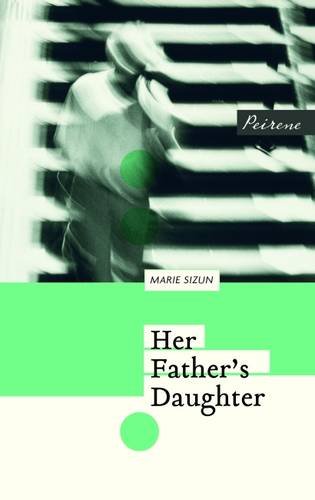Her Father’s Daughter
Little “France”, known throughout the narrative as “the child”, has, in her father’s absence, enjoyed an extremely close, affectionate and all-consuming relationship with her mother. VE Day heralds the return of the father and, inevitably, a huge shock to “the child”. The estranged couple, whose damage caused by the separation becomes more apparent as the story unfolds, exacerbates “the child’s” difficulties in adjusting to the sudden and drastic refocusing of her mother’s affections, while the father initially makes no secret of the fact that he regards the little girl as an unwelcome intrusion to his suddenly reunited family. Bleak territory for a five-year-old.
While the parents concentrate on their own problems, the potentially damaging and apparently shameless emotional cruelty which they inflict upon “the child” seems to elude them while she, having lost the affection of the mother, turns, in emotional extremis, to the father and forms the beginnings of a “father-daughter” relationship with him. However, when the facts of a deeper rift between the parents is revealed, the father leaves home again. Not to fight a war, but this time permanently.
As the novel reaches its conclusion we get as close as we are going to get to a resolution when, as a young adult, “the child” achieves and sustains an amicable relationship with her father, who is now established in a second marriage. This concluding section of the novel is to me unconvincing, the implication being that “the child” has weathered the bleak experiences of the childhood traumas her parents inflicted on her and become a reasonably well-adjusted adult.
Although this novel is well observed and the prose is unpretentious and elegant, there is an underlying bleakness to “the child’s” experiences which pervades the whole and which, despite the token warm ending of its final lines, makes reading it a persistently depressing experience.










